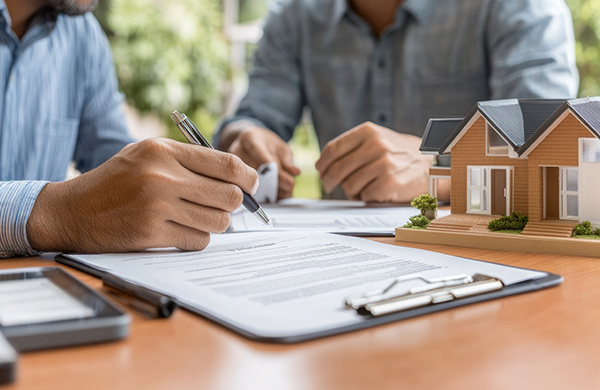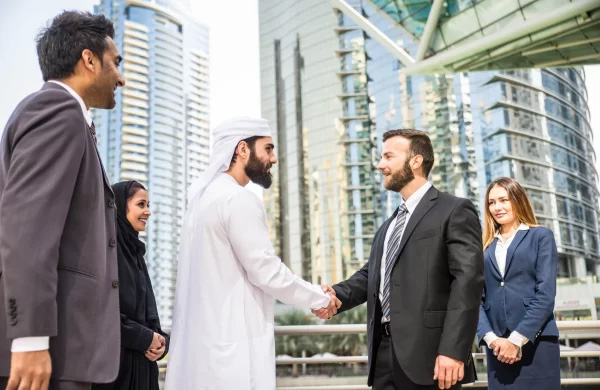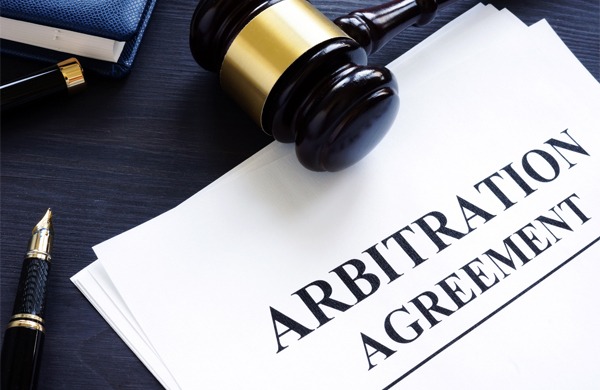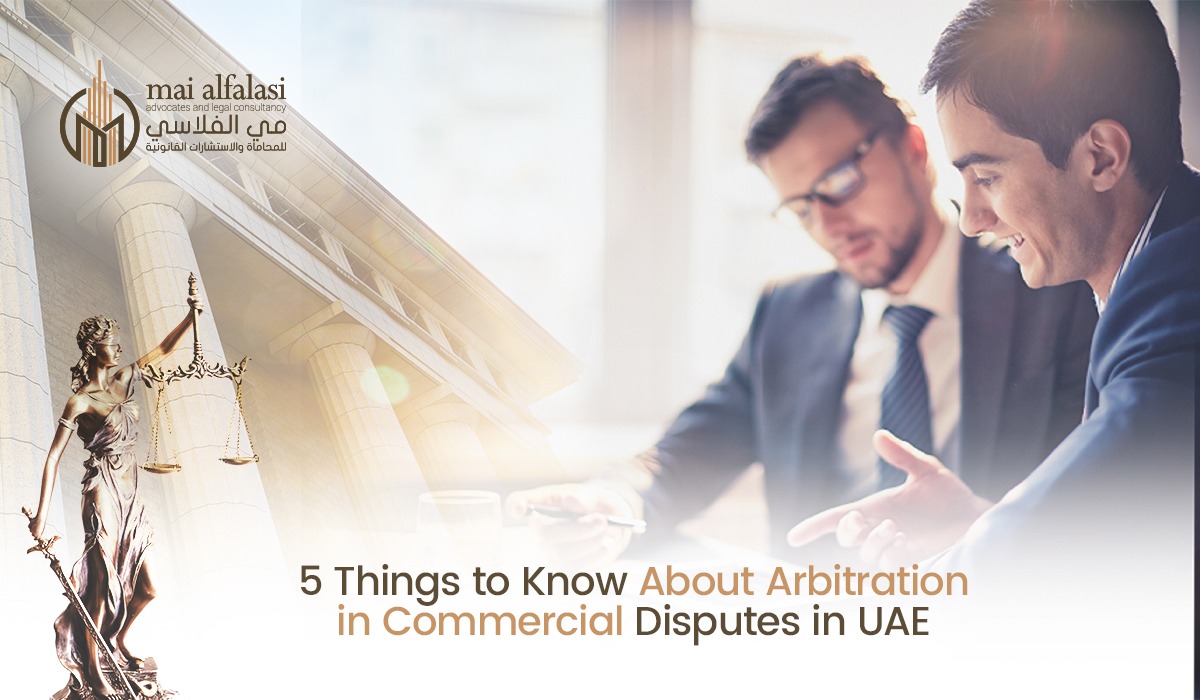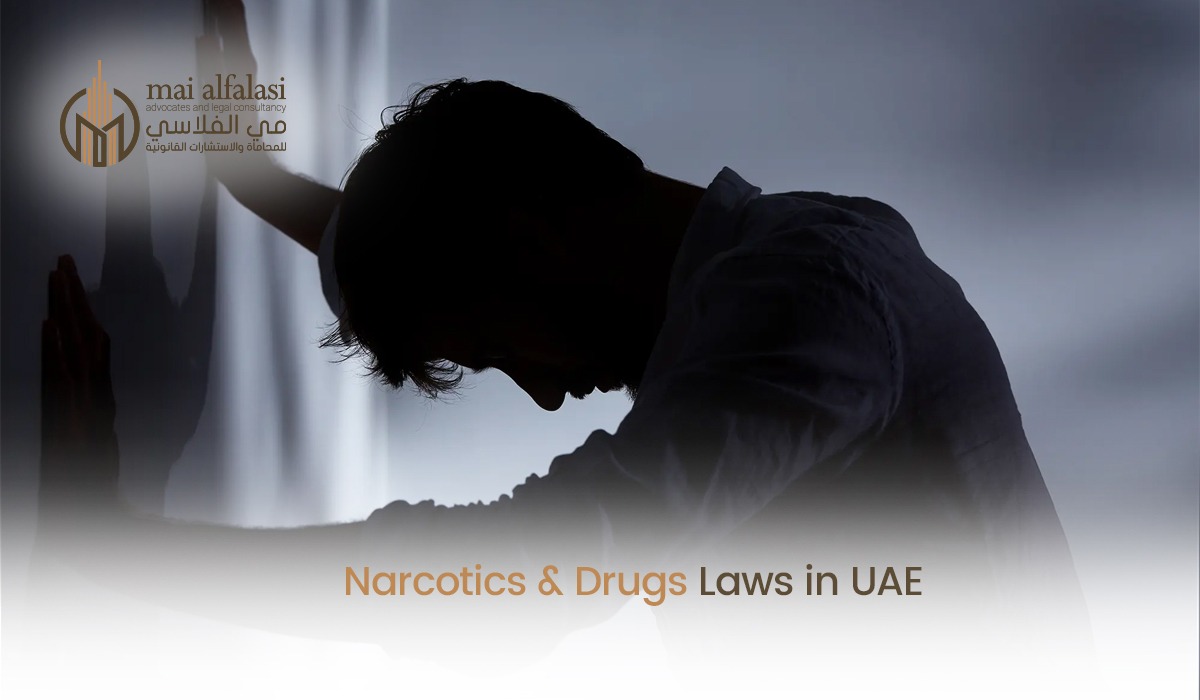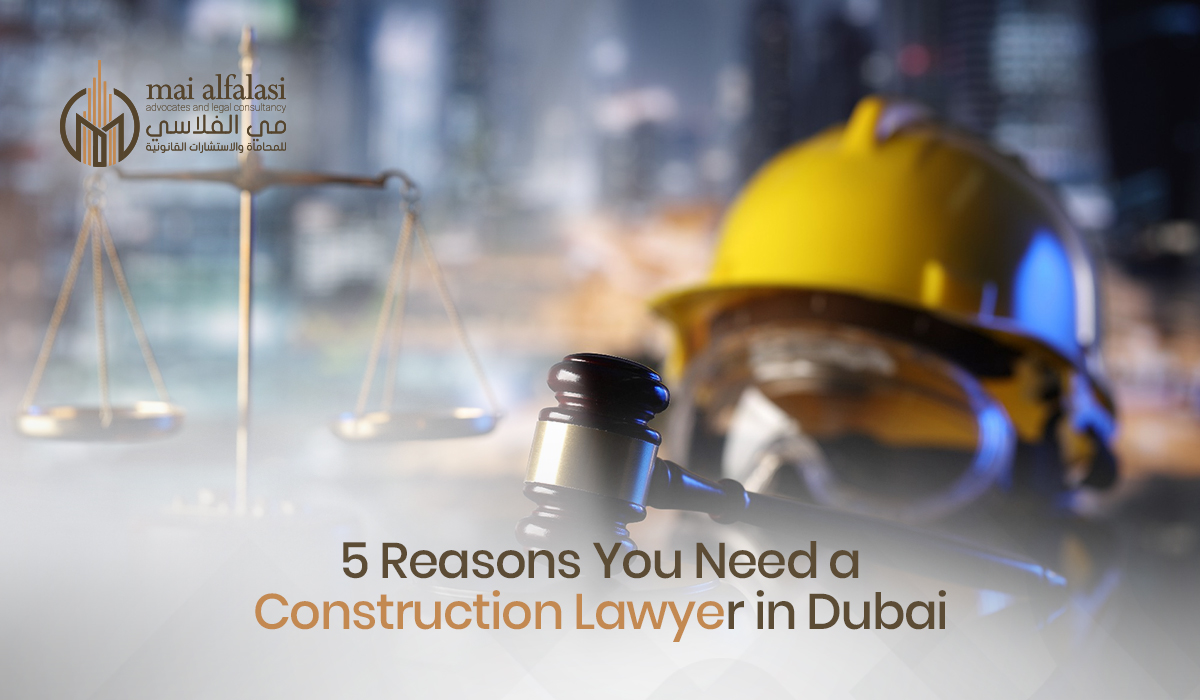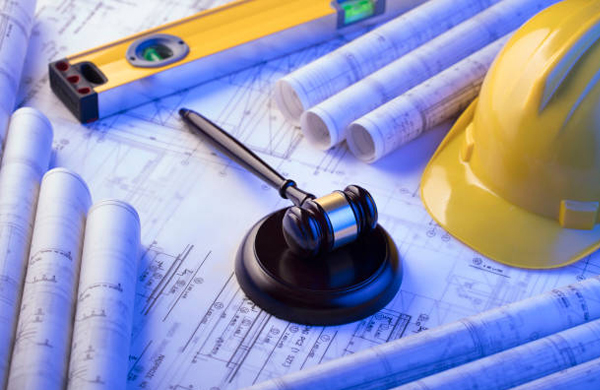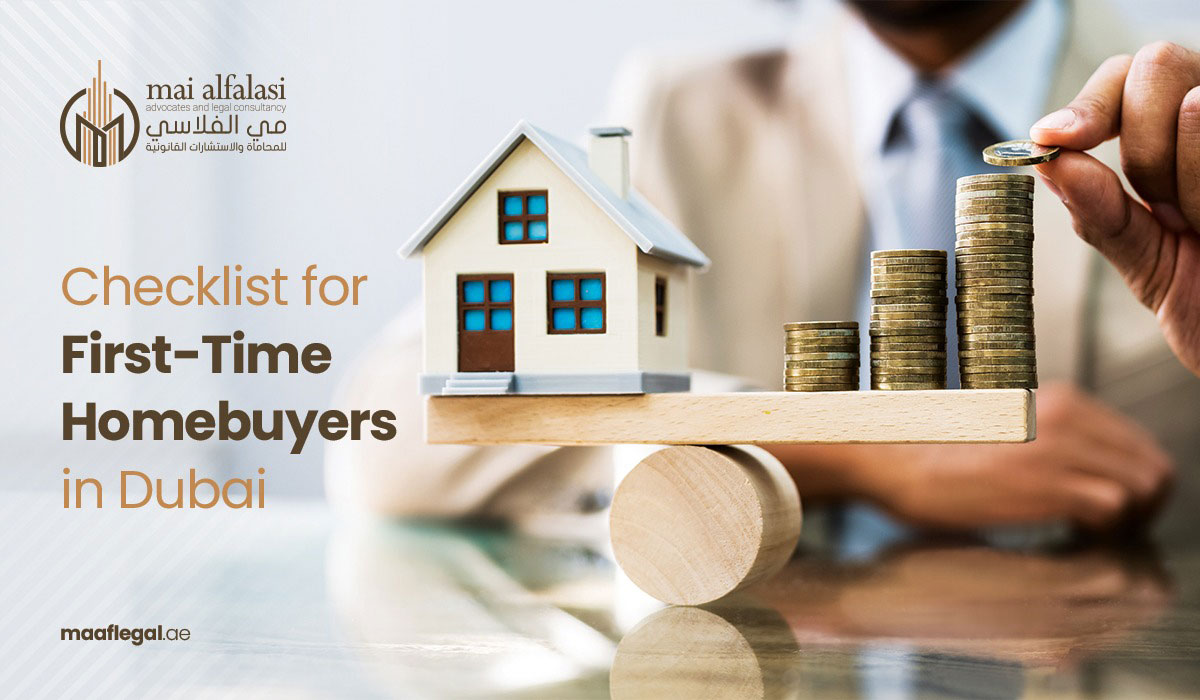
Dubai’s real estate market offers incredible opportunities for both tenants and landlords. However, conflicts can arise, and knowing your rights is crucial to navigating rental agreements and handling disputes effectively. Whether you’re dealing with tenant landlord disputes, facing an eviction notice Dubai, or experiencing a lease renewal dispute, understanding your rights and how to resolve these issues is key to avoiding potential problems. In this guide, we’ll cover the essential rights for both tenants and landlords in Dubai and explore how to resolve rental property disputes.
Tenant Rights in Dubai
As a tenant in Dubai, the law ensures that your rights are protected throughout your tenancy. These rights are designed to offer security and prevent exploitation by landlords. Here are some key rights tenants should be aware of:
1. Right to a Written Rental Agreement
The first step to avoiding any misunderstandings is to have a written rental agreement. This contract should detail the terms and conditions, including rent amount, payment dates, and the length of the lease. In case of a tenant landlord dispute, a clear rental agreement provides a legal reference.
2. Right to Challenge Rent Increases
In Dubai, tenants are protected from arbitrary rent increases. Rent adjustments are capped by law and can only happen under specific circumstances. If you believe your rent increase is unfair or exceeds legal limits, you can consult a Dubai rental dispute lawyer for tenants and landlords to help resolve the issue.
3. Right to Proper Maintenance
As a tenant, you have the right to live in a property that is well-maintained. If your landlord fails to address necessary repairs or issues like plumbing or electrical failures, you can demand repairs or withhold rent until the situation is fixed. For complex issues, an expert legal help for rental property disputes in Dubai can ensure your rights are upheld.
4. Protection Against Unlawful Eviction
A tenant cannot be evicted without valid grounds. If a landlord wishes to evict you, they must serve an eviction notice Dubai and follow the required legal procedures. If you receive an eviction notice that seems unjust or unlawful, you have the right to challenge it. In such cases, seeking advice from a rental dispute lawyer can help you challenge the eviction notice effectively.
5. Right to Lease Renewal
In Dubai, tenants often have the right to renew their lease at the end of the contract, unless the landlord has a legitimate reason for not renewing. If a lease renewal dispute arises, consulting a lease renewal dispute lawyer in Dubai can help you navigate the renewal process and address any disagreements regarding the renewal terms.
Landlord Rights in Dubai
Landlords also have well-defined rights that help them protect their property and income from rental agreements. Here are the primary rights for landlords under Dubai law:
1. Right to Set Rent
Landlords in Dubai have the right to set the rent for their property; however, they must follow the guidelines set by the Dubai Land Department for rent increases. If a tenant refuses to pay rent or causes damage to the property, the landlord can seek legal action, which may include filing for eviction.
2. Right to Inspect the Property
Landlords can inspect their property, provided they give prior notice to tenants. This is to ensure that the property is well-maintained. However, landlords cannot inspect the property without giving sufficient notice to the tenant, as tenants have the right to privacy.
3. Right to Terminate the Lease
Landlords can terminate a lease early if the tenant breaches the terms of the agreement, such as non-payment of rent or causing property damage. However, this must be done in compliance with the law, and the landlord must provide proper notice. If disputes arise from such terminations, a tenant landlord dispute resolution lawyer Dubai can help landlords navigate the situation legally.
4. Right to Evict Tenants
In cases where tenants refuse to pay rent, damage the property, or violate the terms of the lease, landlords have the right to evict them. However, eviction cannot occur without proper legal procedures, including issuing an eviction notice in Dubai. In case of eviction dispute in Dubai, landlords can enlist the help of a rental dispute lawyer to ensure a smooth and legal eviction process.
Resolving Tenant-Landlord Disputes in Dubai
Disputes between tenants and landlords are common but can be resolved effectively with the right approach. Whether you’re dealing with a commercial lease dispute resolution or facing a lease renewal dispute, here’s how you can resolve these issues:
1. Negotiation
Before escalating any issue, the first step is to try to negotiate. Whether it’s a rent increase, a lease renewal dispute, or maintenance issues, open communication can often resolve many problems without involving legal intervention
2. Mediation
If direct negotiation fails, mediation can be a beneficial alternative. The Dubai Land Department offers a rental dispute resolution service where a mediator helps both parties reach a fair agreement. This service is particularly useful for disputes that are not overly complex. A tenant landlord dispute lawyer can assist in mediating or advising during these sessions.
3. Legal Action
In cases where mediation is not successful, or a more formal resolution is required, legal action may be necessary. The Dubai Rental Dispute Centre handles rental disputes, and a rental dispute resolution lawyer can represent both tenants and landlords to ensure that their rights are upheld.
4. Commercial Lease Disputes
Commercial property disputes may involve more complex lease agreements. If you’re facing a commercial lease dispute resolution, it’s critical to seek professional assistance. Commercial lease dispute resolution lawyers in Dubai can guide businesses through these intricate matters, ensuring compliance with all legal procedures and regulations.
5. Eviction Disputes
Eviction disputes can occur when a landlord wants to terminate the lease or the tenant disagrees with an eviction notice. If you’re facing an eviction dispute Dubai, legal representation from rental dispute lawyers for eviction cases in Dubai will ensure that your rights are defended and you can challenge an eviction notice if it’s unjust.
The Final Words
Understanding your rights as a tenant or landlord is crucial for maintaining a peaceful and legal rental experience in Dubai. If you find yourself in a difficult situation, consulting a rental dispute lawyer can help resolve issues effectively and efficiently. For tenants and landlords facing disputes or looking for advice on how to resolve rental issues, seeking expert assistance from a rental dispute lawyer in Dubai is highly recommended.
Practice Areas
- Commercial
- Corporate
- Dispute Resolution & Litigation
- Banking & Finance
- Insurance & Securitization
- Real Estate & Construction
- Technology & Data Protection
Mai Alfalasi Advocates & Legal Consultancy
1203, Green Tower
Baniyas Street, Deira
Dubai, United Arab Emirates
Phone. +971 4 223 0666
Whatsapp. +971 50 208 9986
Email. info@maaflegal.ae
Office Hours
9.00am to 6.00pm (GST)
Monday to Friday
